One in six LGBTQ homeless youth report sexual abuse from family member
New report highlights family abuse and the mental health impacts of LGBTQ youth homelessness

A new report into homeless LGBTQ youth has found that one in six were forced perform sexual acts by a family member prior to becoming homeless.
British LGBTQ youth homelessness charity akt released the results of its annual survey, which centers “the voices and experiences of lgbtq+ young people who have faced any form of homelessness in the last five years.”
Of the 161 youth who responded, almost one fifth (17%) reported having to engage in casual sex in order to have somewhere to stay while homeless, while 16% of youth reported engaging in sex work due to being homeless.
Over half of youth (58%) said being homeless had impacted their physical health, while 92% said it had negatively impacted their mental health.
More than one fifth (22%) of youth had taken drugs for the first time because of their homelessness, while more than one quarter (29%) had started drinking in order to cope with being homeless.
A large majority (85%) of youth said being homeless had made them worry about money, compounded by 42% reporting their homelessness had impacted their ability to get or maintain a job.
With regards support from family, akt’s data makes for tough reading. Only 13% of LGBTQ youth felt like their parents or stepparents were supportive while they were homeless, and only one fifth (21%) felt supported by siblings.
Most youth said their family’s lack of awareness of LGBTQ issues was to blame, while almost half (46%) also said that their family’s interpretation of faith was to blame for the lack of support.
“They were quite vocal about their beliefs that anyone who was queer wouldn’t have a place in their culture, in the family, and society,” one youth told akt.
Another said that their family “don’t talk to me on the phone, it’s just texting because of them not wanting to see me transition.”
Of even greater concern is the impact of abuse on LGBTQ youth homelessness. Two thirds (66%) of homeless LGBTQ youth said they were repeatedly belittled and made to feel worthless by family, while 61% actually felt threatened or frightened by family members prior to becoming homeless.
Half of youth surveyed (51%) said that their family had stopped them expressing their LGBTQ identity prior to being made homeless, while half (50%) said they feared that expressing their identity would lead to them being evicted.
More than one third (35%) said family members had stopped them from visiting friends, partners, or other family members prior to becoming homeless, while one fifth of youth said family members had threatened to out them before they became homeless.
For one in six LGBTQ youth (16%), family members had also forced them to do sexual acts against their will before they became homeless.
Abuse in relationships was also an issue for some LGBTQ youth, with one quarter (25%) reporting a partner belittling them prior to becoming homeless, and one fifth (20%) saying a romantic partner had threatened or frightened them.
Almost one fifth (18%) had been prevented from seeing friends or family, 5% said they feared being outed by their romantic partner, and 16% reported being forced to do sexual acts against their will before becoming homeless.
“Our relationship was really bad,” one youth said. “He’d constantly call me a doormat and thinks like that and was just generally really horrible to me about my trauma symptoms.”
While homeless, almost three quarters (74%) of youth said they had sought support from friends, while only 45% had approached community organizations.
The survey also found that LGBTQ youth were unaware of the services available to them while homeless, with less than half (49%) knowing about housing support services, only 40% being aware of mental health services, and only 16% being aware of sexual health services.
Tim Sigsworth, chief executive of akt, and Terry Stacy, chair of akt, said in the report that it highlighted the “prevalent and dangerous impact of homelessness on young people’s mental health and wellbeing.”
They also highlighted that certain LGBTQ youth were at even greater risk of the impacts of homelessness and of encountering discrimination while accessing services, including trans youth, disabled youth, and youth of color.
“We must urgently rethink how we respond to and support LGBTQ+ young people facing or at risk of homelessness,” they wrote. “We believe this report can support providers, policy makers and funders to make more considered judgements which ensure the 24% of young people at risk of homelessness who identify as LGBTQ+ have the support they need to avoid lifetimes of homelessness.”
Rick Henderson, CEO of Homeless Link, a charity supporting organization working with homeless people, said the report “shines a light on the experiences of abuse, discrimination and suffering faced by young people who are marginalized due to their sexuality or gender identity.”
“Clearly we have much to learn and reflect on when it comes to the experiences of young LGBTQ+ people who find themselves without a place to call home,” Henderson said in the report. “I do not believe it is an overstatement to say we are currently failing these young people. Change is needed, and fast.”
Related:
SMYAL launches 6-year Extended Transitional Housing program for homeless LGBTQ youth
Chasten Buttigieg on being homeless after coming out: ‘It felt like nobody believed in me’
Arkansas lawmakers override Gov. Hutchinson’s veto of bill banning health care for trans youth
Read More:
Marvel fans celebrate Falcon and Winter Soldier’s gay star
Oklahoma Republican stands by comments that transgender people “have a mental illness”
Support Metro Weekly’s Journalism
These are challenging times for news organizations. And yet it’s crucial we stay active and provide vital resources and information to both our local readers and the world. So won’t you please take a moment and consider supporting Metro Weekly with a membership? For as little as $5 a month, you can help ensure Metro Weekly magazine and MetroWeekly.com remain free, viable resources as we provide the best, most diverse, culturally-resonant LGBTQ coverage in both the D.C. region and around the world. Memberships come with exclusive perks and discounts, your own personal digital delivery of each week’s magazine (and an archive), access to our Member's Lounge when it launches this fall, and exclusive members-only items like Metro Weekly Membership Mugs and Tote Bags! Check out all our membership levels here and please join us today!







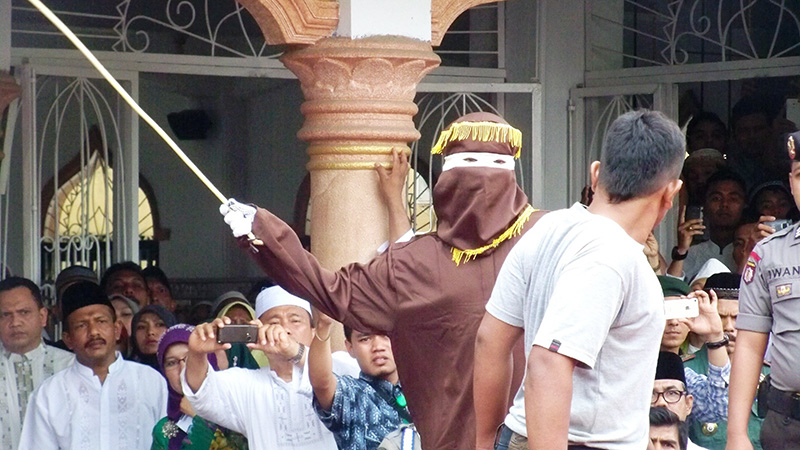
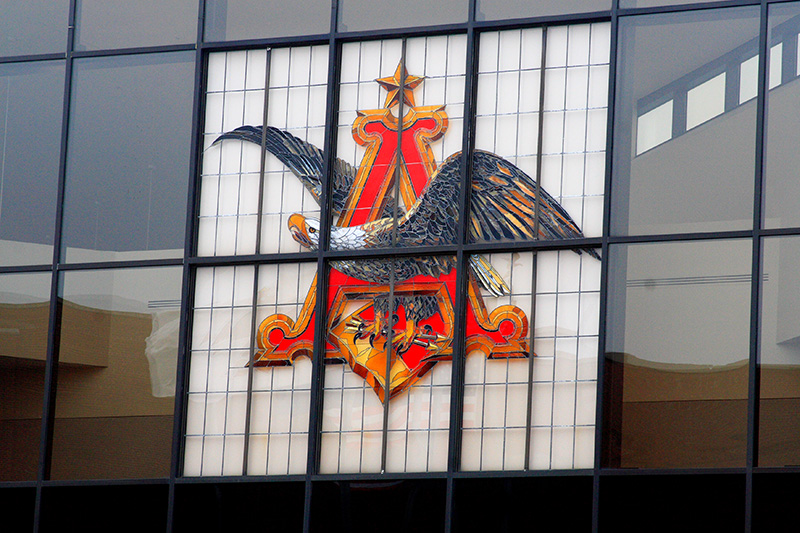















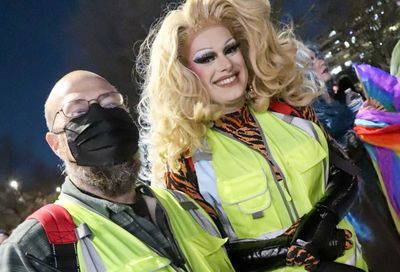
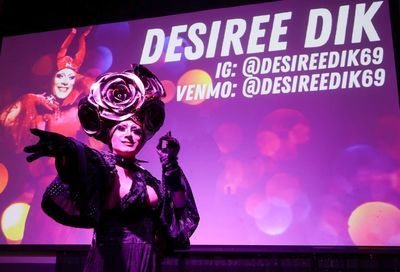
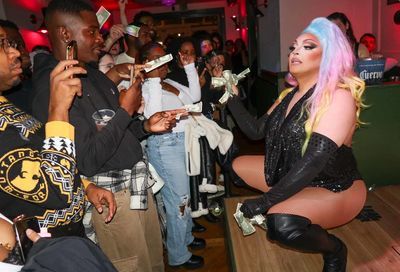
You must be logged in to post a comment.